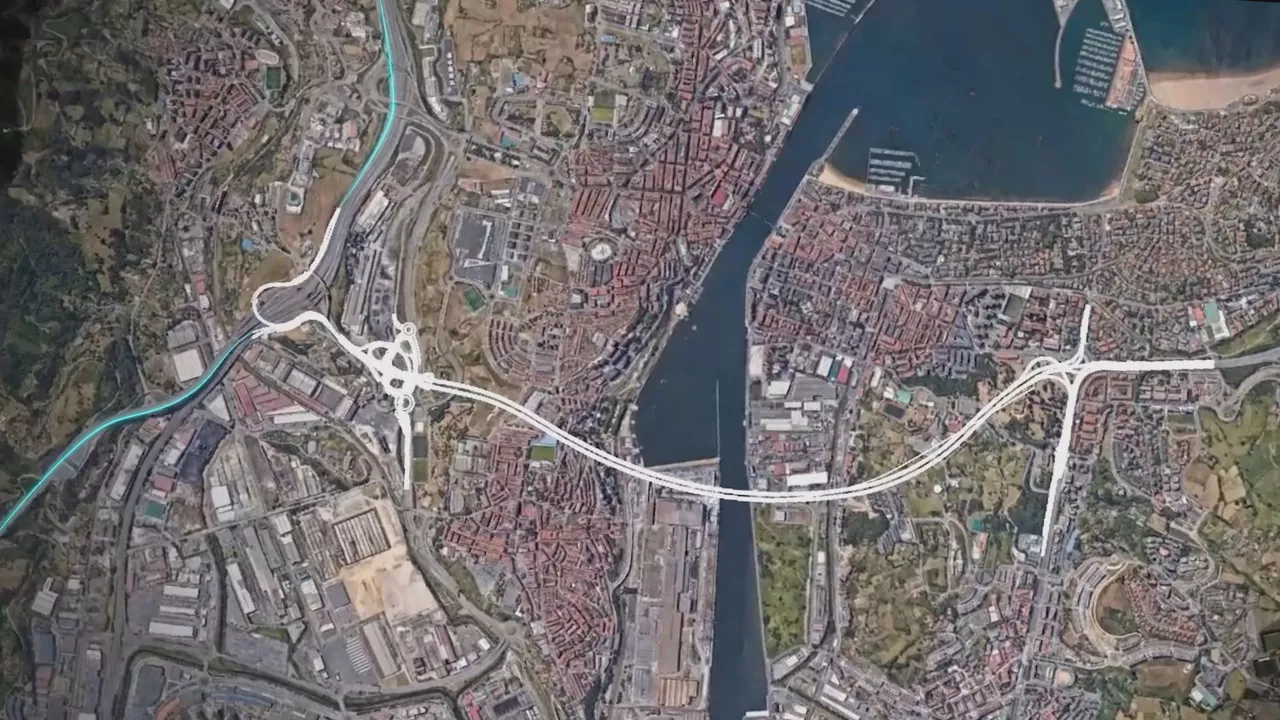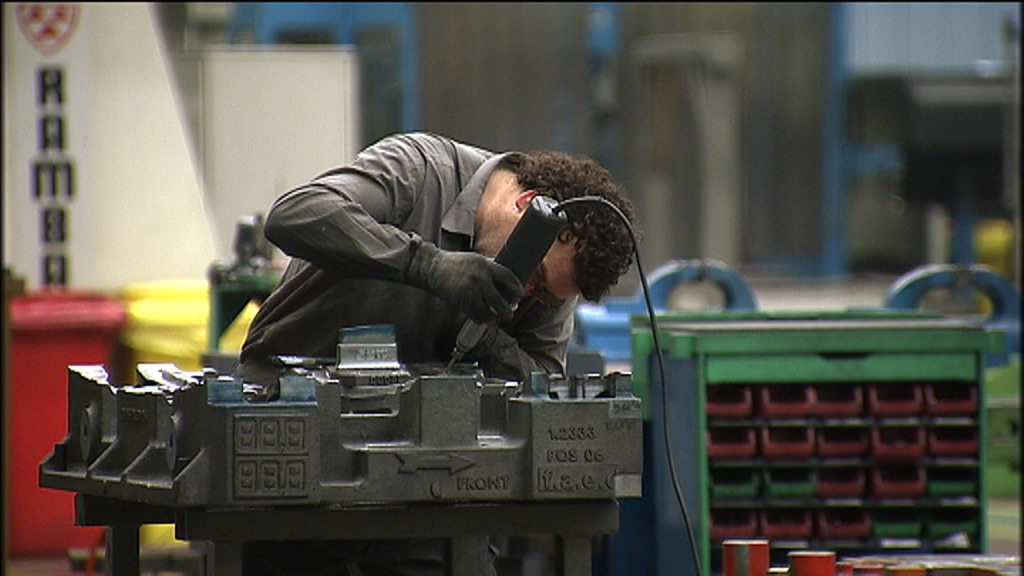ELA and LAB have ensured that the increase in the minimum wage proposed by Torres would affect only 10,000 workers
They believe that the proposal does not take into account the profits made by companies in recent years, nor the productivity generated by their workforce, and therefore does not aim at 'social cohesion or fair distribution of wealth'.

ELA and LABhave warned that the increase in the minimum wage in the agreement proposed by the Basque Government would have a "marginal impact" on Basque workers, as it would only benefit the 10,000 workers with an updated agreement.
In this regard, they consider that the Basque Government has limited itself to working on the reference to the conventions signed in the territory, when the lowest paid persons are, as they have specified, 188,000 workers to whom the State conventions apply and 48,000 workers without an applicable agreement, mostly women, migrants, young people or persons with functional diversity.
ELA and LAB insist that the minimum wage should benefit these workers in particular, either through an inter-professional agreement with employers or through the law, in the event that the Basque Country acquires the competence to manage it, as required by aPopular Legislative Initiative , promoted by both power stations. As explained in a statement, they are currently collecting signatures for this initiative.
They also point out that the Government does not take into account the profits made by companies in recent years or the productivity generated by their workforce, adding that the aim is not 'to reduce social cohesion, inequality or fair distribution of wealth'.
The proposal, published by the Vice-President and Counsellor for Economy, Employment and Employment, Mikel Torres, has been reflected in a study commissioned by the Department,which statesthat the minimum wage in the agreement would be between €1,268 and €1,385 gross in 14 instalments, with a difference of between 7% and 17% from the State Minimum Wage (€1,184 gross in 14 payments).
More news about the economy

BBK Live has left more than 23.6 million euros in Bilbao
Of the 115,000 participants, 17% are foreigners, mainly from the United Kingdom, France, Italy and Portugal, and hotel occupancy has exceeded 90% during the music festival.

BSH workers will vote next week on the pre-agreement on the employment regulation dossier
The majority of the works council (not LAB and not ELA) has reached a pre-agreement with the management this week that the plant will be closed and 609 people will be laid off. Convened by the workers' representatives, meetings will be held this Friday and the vote is expected to take place on Monday.
A worker dies falling from a roof in Vitoria
The accident occurred on Tuesday, but was reported today.

Brussels has opened proceedings against Spain for the laws used by the BBVA in the Sabadell stock acquisition operation
The European Commission considers that the laws by which the Spanish Government has conditioned this operation are contrary to the free movement of capital, giving the Spanish Government a period of two months to give explanations.

The underground roads linking Portugalete and Leioa will begin in the first half of 2026 with a budget of 543 million
The General Representative of Bizkaia, Elixabete Etxanobe, has argued that the tunnel under the river "is neither a whim nor an idea" and "a necessity" for the territory.

Renting a flat in summer on the Basque coast has become a luxury within the reach of a few
Holiday rental prices have risen 40% over the last five years. Many owners are looking for an economic benefit: they prefer to shorten rent terms and increase income.

The Basque economy has grown 2.2% since last year
Employment has increased by 1.4 per cent in the second quarter, according to Eustat data. Compared to the first quarter, both GDP (0.5 per cent) and employment (0.3 per cent) have increased.

The Basque Government envisages a margin of up to €1,385 to negotiate the minimum wage in the ACV
The Department of Economy, Employment and Employment proposes a wage gap after analysing the socio-economic reality of the Basque Country. The study has been strongly criticized by ELA and LAB and calls for an interprofessional minimum wage of its own for the ACV.

The Basque Country will manage non-contributory family social security benefits
The Basque Government will take over the management and payment of various non-contributory family benefits from the Social Security through a transfer that will benefit some 20,000 people in the Basque Country and involve an investment of around EUR 100 million.

